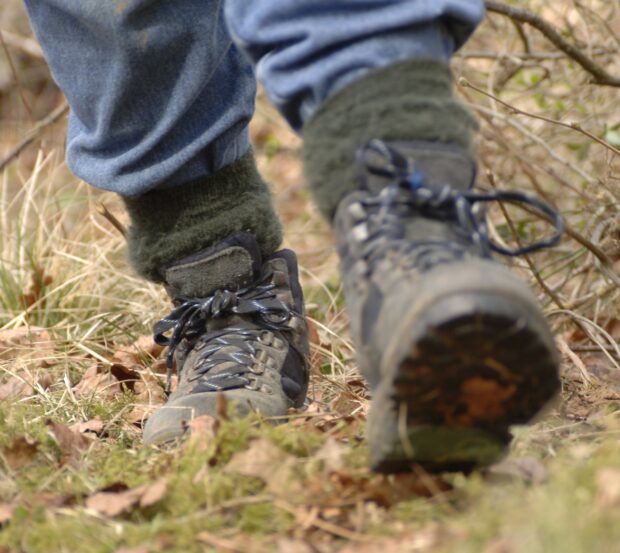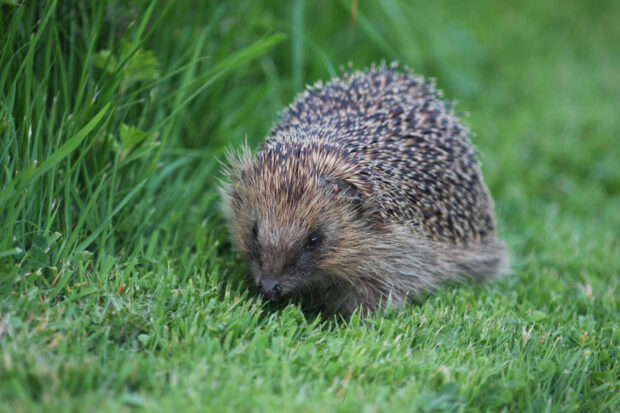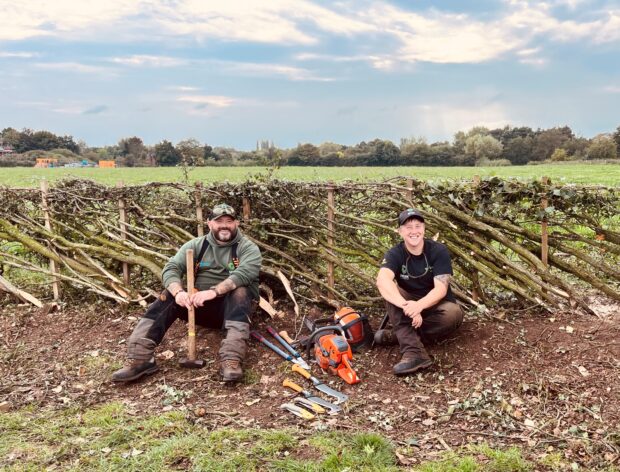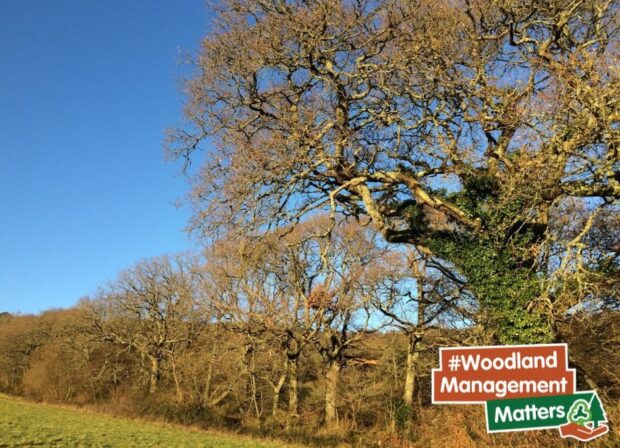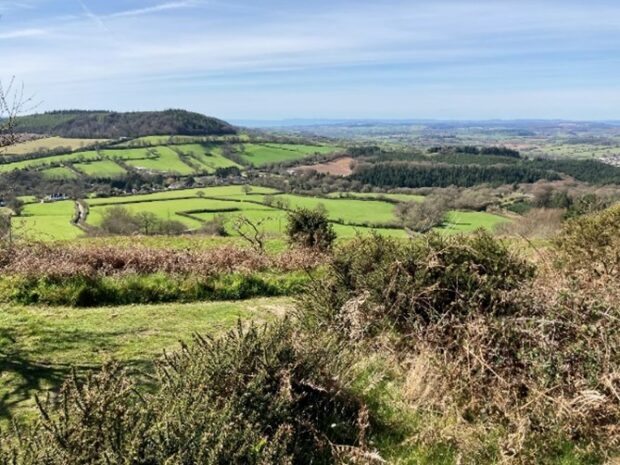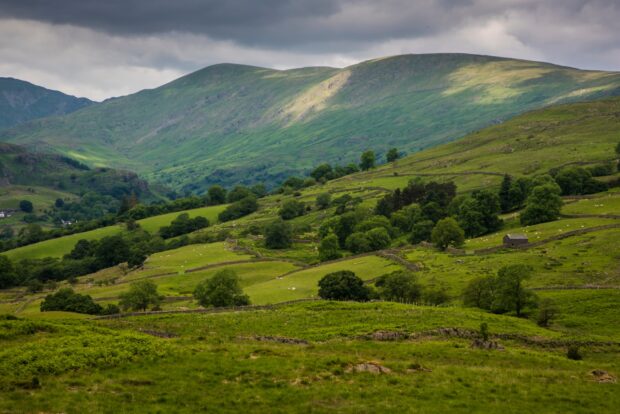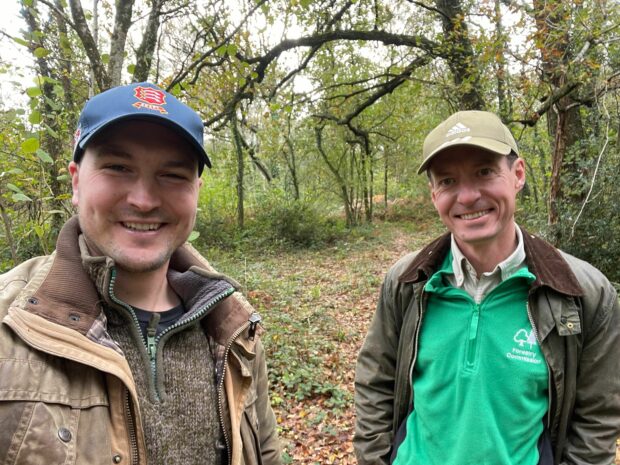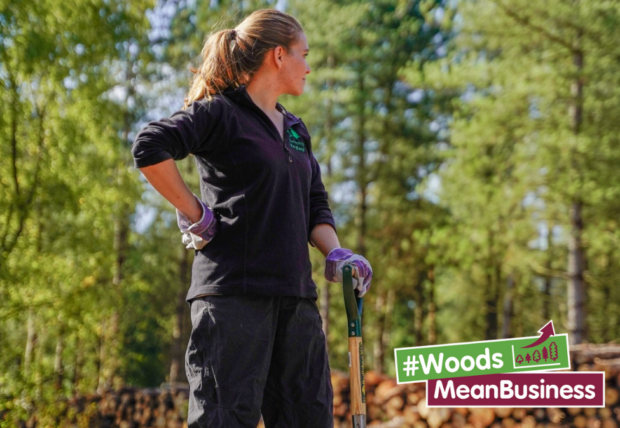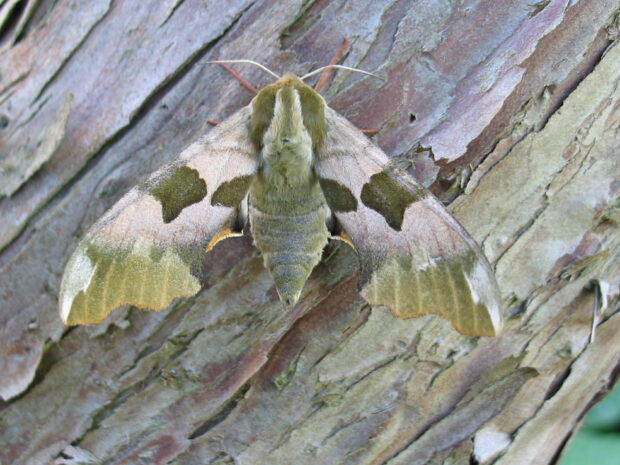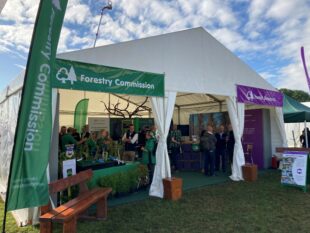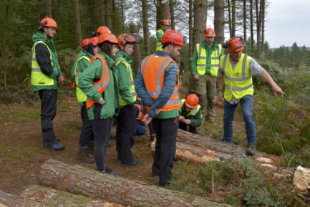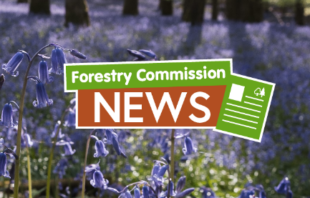It is not always possible to see tree pests and diseases, and they spread easily in soil or organic material carried on footwear, clothing, and bike tyres. Find out what you can do to help prevent their introduction and spread.
Alan Reid is our Nature Recovery Advisor in the West Midlands. Here he explores why woodlands are such excellent habitats for these enigmatic creatures, and how woodland owners and managers might help them.
This National Careers Week, Mark West from the Green Task Force looks back at his career so far, and how he made the change from 12 years in uniformed service to working in forestry and conservation.
Kate Tobin, our Nature Recovery Policy Advisor, talks about the importance of managing our woodlands to support nature recovery and increase wider benefits.
Find out more about the Nature Returns Programme, exploring approaches to creating and restoring natural habitats to tackle the challenges of climate change and biodiversity loss.
At the end of June, government announced new funding for local authorities developing Local Nature Recovery Strategies. Here we look at how we are supporting them and what they mean for trees and woodlands.
With the publication of landscape & woodland design guidelines this month, Robin Gray celebrates the work of the landscape & woodland design advisors in the Forestry Commission.
Jon Burgess, a Local Partnership Advisor and Woodland Resilience Officer in the South West, provides a quick round up of the 'Trees on Farms' mini-series created with Ben Eagle, and reflects on being a co-host on the Forestry Commission’s first foray into podcasting.
Jemima Cooper, Head of Policy & Partnerships at the Institute of Chartered Foresters, talks to us about the women in the tree sector, working tirelessly to plan, grow, plant, establish, manage, harvest, process, and research the timber our society needs.
When you look closely, moths are beautiful, diverse and fascinating in their colours, patterns, size and behaviour. There are around 2,500 species of moths in the British Isles. Many of these are fully or partly dependent on trees and woodland.
